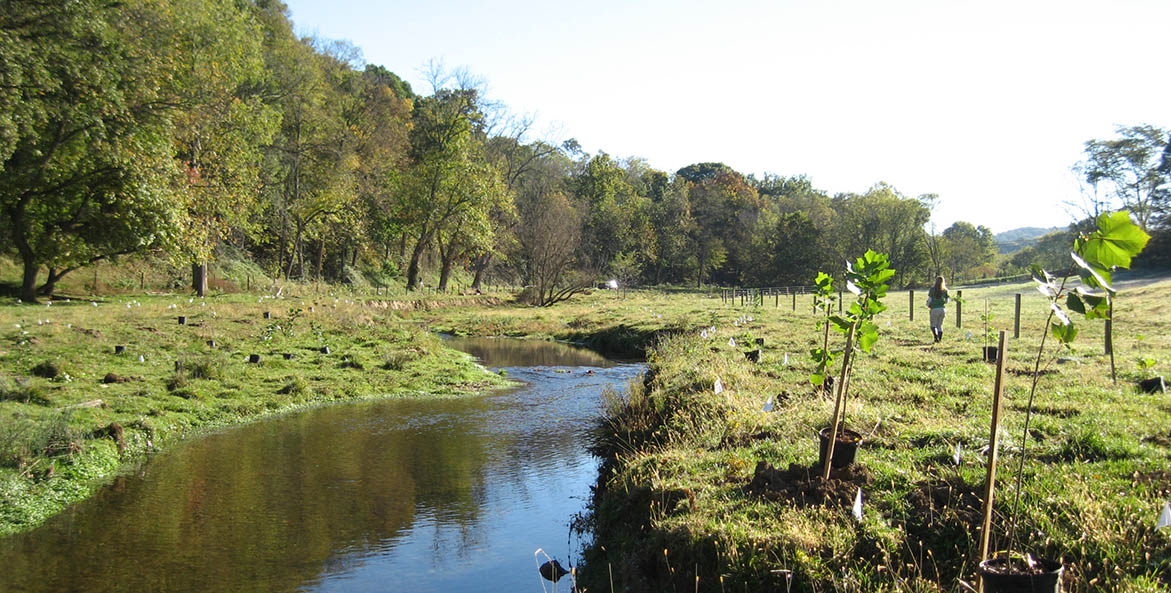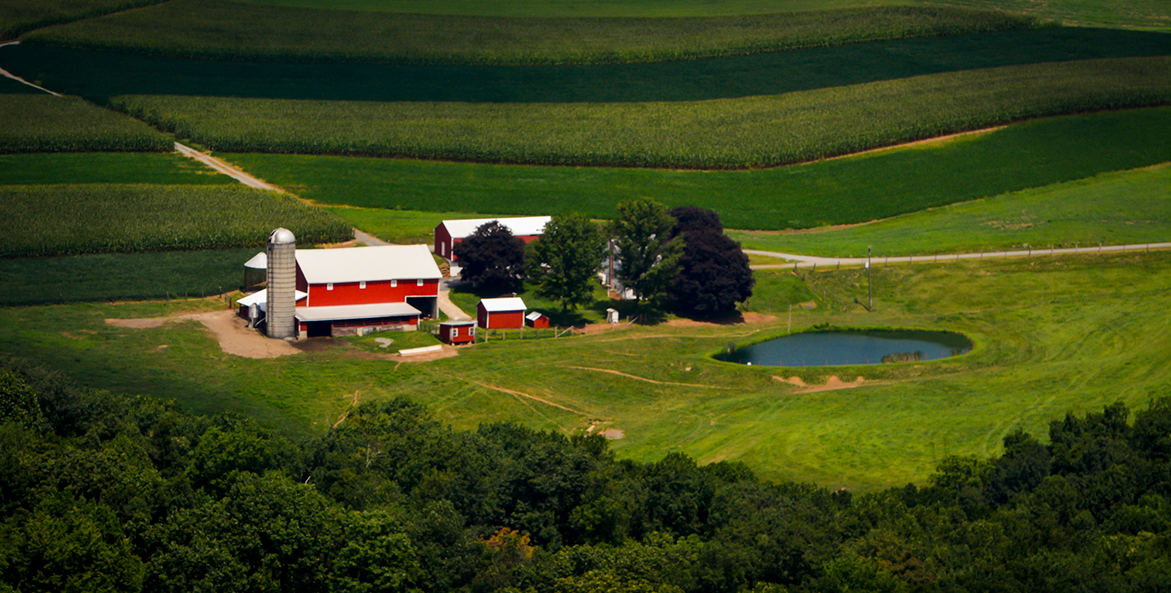The tens of thousands of family farms that dot the Chesapeake Bay watershed are a vibrant part of our region's history, culture, and economy. They are also essential partners in restoring the Bay and the more than 11,000 creeks, streams, and rivers that feed into it.
Excess nitrogen, phosphorus, and sediment running off agricultural land is the largest source of pollution in the Bay. The science-based Chesapeake Clean Water Blueprint tells us how much of these pollutants we need to cut by 2025 to restore the health and productivity of the Bay and its waterways.
But we need help from the watershed's farmers to get there. That's where the Biden administration comes in.
Agriculture Secretary-nominee Tom Vilsack and his team must provide farmers the financial resources and technical assistance so they can afford to adopt and maintain conservation practices that limit runoff, protect environmentally sensitive land, improve water quality, and enhance wildlife habitat on their property.
Conservation practices are the most cost-effective way to limit polluted runoff from farmland. Practices such as planting cover crops on idle fields and trees along stream banks, fencing livestock out of the water, and rotating where animals graze also improve soil and water quality on farmers' land.

Volunteers planted over 800 trees and shrubs to restore 2,500 feet of stream and a 5 acre riparian buffer on this farm along Little Pipe Creek, a tributary to the Monocacy River. The farmer also installed an off-stream water trough for the cattle and fenced them out the creek.
Rob Schnabel/CBF Staff
Because Pennsylvania lags far behind the other six jurisdictions in reducing farm runoff, CBF urges the Biden administration to focus on helping Keystone State farmers catch up (Pennsylvania Sen. Bob Casey offered recommendations for assisting the more than 33,000 farms in his state's portion of the watershed in this article).
The best place to start is with the Conservation Reserve Enhancement Program (CREP), farmers' main source of funding and technical help to install forested stream buffers. These streamside rows of native trees and shrubs capture and filter out excess nitrogen, phosphorus, and sediment from farmland before it reaches waterways that empty into the Bay.
Unfortunately, CREP enrollment in the watershed has plunged in recent years. Pennsylvania lost more than 6,100 acres of forested buffers since 2017, with enrollment plummeting from 22,649 acres in 2017 to 16,485 acres in 2020, according to USDA. Yet the Commonwealth's plan for controlling farm runoff calls for planting 94,000 acres of forested buffers by 2025.
The 2018 Farm Bill updated CREP with new features to encourage more farmers to enroll in it. But the Trump administration proposed cumbersome requirements for farmers to take advantage of those incentives. We urge the Biden administration to revise these rules and streamline the enrollment process.
CBF is also concerned Pennsylvania farmers are being shortchanged by the Environmental Quality Incentives Program (EQIP). USDA is supposed to allocate EQIP aid based on states' conservation needs. But a 2017 Government Accountability Office study found it instead relies on how much funding states have received in the past.
Based on that report, CBF believes Pennsylvania should get a 60 percent increase in EQIP funding. Pennsylvania farmers also deserve more technical assistance per farm, since the state gets about half as much as the national average.
Reducing farm runoff is critical to saving the Bay. We urge the Biden administration to focus on providing farmers in Pennsylvania and around the watershed the financial and technical assistance to adopt the conservation practices to make that happen.

Issues in this Post
Agriculture Chesapeake Clean Water Blueprint Regenerative Agriculture Water Quality



